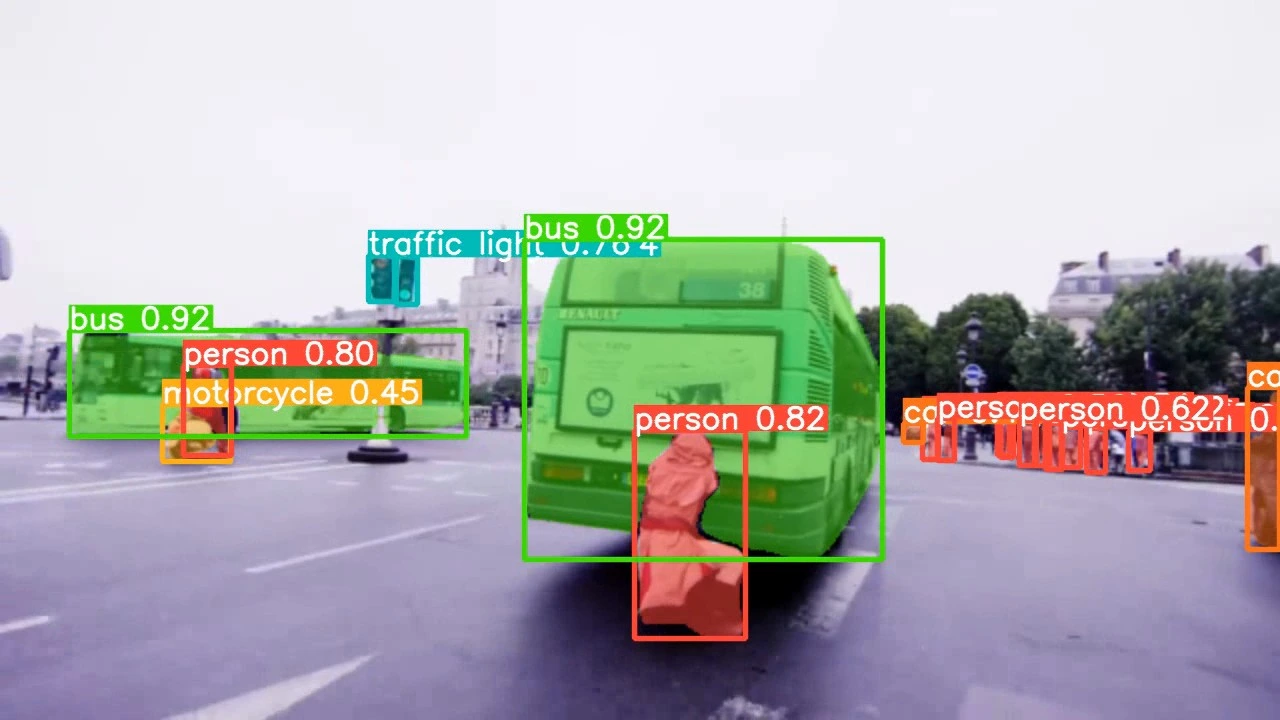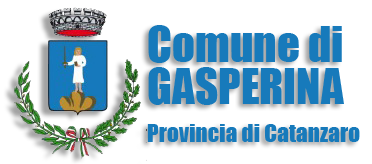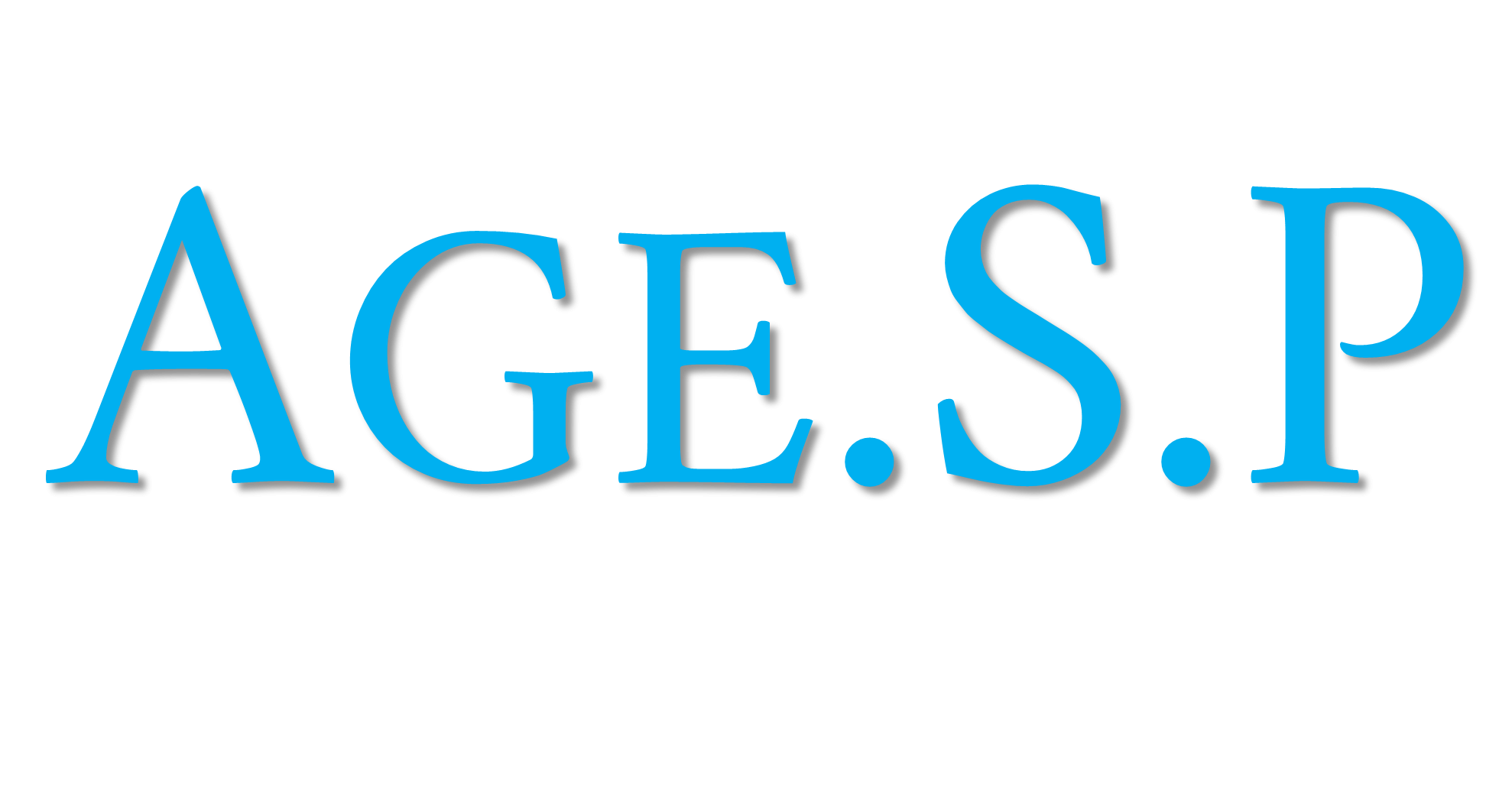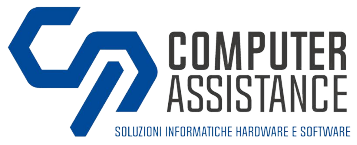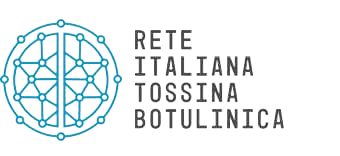If you're trying to understand how technologies likeIoT and theIIoT are revolutionizing modern industry, contributing to the ever-increasing diffusion of the so-called Smart Factory, you are in the right place.
L'Internet of Things (IoT), theIndustrial IoT (IIoT), in fact, are rapidly and radically transforming the way in which companies manage their production processes, projecting them into the world of so-called Industry 4.0.
Thanks to ability to connect among them machinery, sensors and devices, these technologies allow production processes to be monitored and controlled in real time, improving efficiency, reducing costs and improving product quality.
In the case of Industrial IoT, however, we are talking about the technology that underlies modern ones Smart Factory, or Smart Factories,
In this article, therefore, we will define the characteristics of these technologies, their advantages and how they are revolutionizing modern industry.
What are the differences between IoT and Industrial IoT?
The Internet of Things (IoT) and the Industrial Internet of Things (IIoT) are revolutionizing the corporate world as well as the daily lives of those who have already decided to take advantage of it.
To understand the differences between the two technologies, therefore, it will be best to start with some brief information definitions.
L'internet of things (IoT), first, is a technology that connects electronic devices, sensors and other technologies to the cloud.
These devices can be used to collect data, monitor the environment, and automate operations.
For example, a smart thermostat connected to the IoT can detect the room temperature and adjust the heating according to the user's preferences.
L'industrial internet of things (IIoT), on the other hand, focuses on the use of IoT technologies in manufacturing industries.
IIoT aims to improve the efficiency, productivity and safety of industrial operations.
For example, an IIoT system can be used to monitor production, optimize maintenance and prevent failures in the production line.
One of the main differences between IoT and IIoT is therefore the scope of application.
If IoT is mainly used in the domestic and consumer sectors, with applications in a wide range of industries, from health and safety to the smart home, IIoT is primarily used in manufacturing and industrial sector.
Furthermore, IIoT is usually designed to be more robust and resistant than IoT.
This is because IIoT devices need to work in environments full of dangers, such as factories, warehouses and corporate and industrial operational spaces. For this reason, IIoT devices are designed to be more resistant shock, vibration and extreme temperatures compared to IoT devices.
Although this also applies to the IoT, finally, the Industrial IoT requires greater attention to safety.
Being used in industrial environments, it is essential for IIoT devices to guarantee the security of the data and the devices themselves, protecting them from cyber attacks and external intrusions.
Industrial IoT and Smart Factory
Industrial IoT e Smart Factory they are two closely linked concepts, as the first represents the technology that allows the second to exist.
But what exactly are Industrial IoT and Smart Factories, and what are the advantages they can offer companies?
The Industrial IoT, or IIoT, as previously specified, is the evolution of the IoT applied to the industrial context. Thanks to IIoT, it is possible to connect machinery, sensors and devices to each other, creating an intelligent network capable of monitoring and controlling production processes in real time.
The Smart Factory, however, is one fully automated factory, where production processes are managed by intelligent software and connected devices. The connection comes naturally.
A Smart Factory, thanks to IIoT, represents the pinnacle of automation, guaranteeing indispensable competitive advantages in order to:
- Energy efficiency
Energy management represents a crucial factor for any company that wants to reduce costs and increase the efficiency of its production processes. IIoT allows you to monitor and control energy consumption in real time, reducing waste and improving resource management. - Predictive maintenance
Predictive maintenance is another benefit of IIoT. Thanks to the ability to constantly monitor machinery and analyze the data collected, it is possible to prevent breakdowns and reduce machine downtime, improving production efficiency and reducing maintenance costs. - Quality improvement
The Smart Factory is able to constantly monitor the quality of the products, guaranteeing constant control over production and minimizing waste. Thanks to the connection between the devices, it is possible to identify any defects in real time, intervening promptly to correct the problem. - Increased productivity
The automation of production processes allows you to reduce production times and increase productivity. The Smart Factory is able to manage production processes autonomously, reducing human errors and ensuring greater efficiency. - Flexibility
The Smart Factory allows you to customize production processes based on the specific needs of each individual customer. Thanks to the ability to quickly adapt to market demands, companies can remain competitive and meet the needs of their customers.
Ultimately, thanks to the connection between devices, process automation and artificial intelligence, companies can remain competitive and ready to face the challenges of the global market.
The Advantages of IIoT for Businesses
According to what has been illustrated so far, we can only agree with one fact: Industrial IIoT is revolutionizing the world of production.
However, this applies to every company, especially those in the context manufacturing and of the world retail, regardless of the degree of automation that you want to achieve by implementing IIoT devices.
It is therefore not essential to reach the level of automation of a Smart Factory to be able to enjoy a series of significant benefits and improvements. These can be the following:
- Improved operational efficiency
IIoT allows companies to monitor and control production and various operations more efficiently.
IIoT-connected sensors and devices can collect real-time data on production, energy efficiency and maintenance.
This data can be used to optimize production processes, improve product quality and reduce operating costs. - Improved security
IIoT also offers important security benefits. IIoT devices can be used to monitor factory activities and prevent accidents, such as gas leaks or fires. Furthermore, IIoT can be used to ensure worker safety, for example by monitoring their stress and fatigue levels. - Greater flexibility
IIoT also offers greater flexibility in manufacturing. With the ability to monitor and control processes in real time, companies can quickly change production to meet market demands or customer needs. Furthermore, IIoT allows companies to adopt "just in time" production models, reducing the need for storage warehouses and optimizing inventory management. - Greater opportunities for innovation
IIoT also offers greater opportunities for innovation, allowing companies to develop more advanced products and improve the efficiency of operations. IIoT can be used to introduce new production processes, improve energy management and reduce the environmental impact of industrial activities. - More data analysis opportunities
IIoT also offers important advantages in terms of data analysis. Data collected from IIoT devices can be used to identify areas for improvement in manufacturing, identify faults and prevent future problems. Additionally, IIoT can be used to analyze customer data and identify market trends, helping companies develop new products and services.
The future of IoT and IIoT
IoT and IIoT technologies, over the next few years, will only be sincreasingly adopted.
This is because the impact of the latter on various sectors is undeniable, so it is easy to predict that they will continue fuel digital transformation, contributing to the development of Industry 4.0.
An even greater impact can be found, however, by combining these technologies with theArtificial intelligence, whose potential has been forcefully showing itself and highlighting itself in recent years.
Currently, the Internet of Things and the Industrial Internet of Things can help companies stay ahead of the competition. These technologies will also become increasingly common in the daily lives of consumers. As the future becomes increasingly connected, intelligent and digitalized, the role played by IoT and IIoT in our professional and private lives will be ever greater.
For the IoT and IIoT, the trends that are expected are therefore:.
- Exponential growth in the number of connected devices
The number of devices connected to the IoT and IIoT is increasing exponentially, and this trend is expected to continue into the future.
It is estimated that by 2025 there will be over 75 billion devices connected to the IoT. - Greater integration with other technologies
IoT and IIoT will increasingly integrate with other emerging technologies, such as artificial intelligence (AI), blockchain and augmented reality (AR).
This will allow companies to develop more advanced and customized solutions for their customers, improving customer experience and satisfaction. - Greater attention to safety
The increase in the number of devices connected to the IoT and IIoT has also brought an increase in security risks.
For this reason, we expect a greater focus on security from IoT and IIoT device manufacturers, as well as an increase in the adoption of more rigorous security standards. - Growing use of IIoT in businesses
IIoT is becoming increasingly important for businesses, with an increase in the adoption of IIoT solutions for monitoring and managing production processes.
This trend is expected to continue, with further integration of IIoT into manufacturing and business management. - Greater investments in IoT and IIoT
Investments in IoT and IIoT are increasing significantly, both from large companies and startups.
This means that there will be a greater development of IoT and IIoT solutions, with the introduction of new technologies and the expansion of current ones.
Why stay behind!?
Trust the right technological partner to realize yours automation project and implement IoT devices that can provide you with all the enormous competitive advantages which we talked about in this article.
Choosing the right IT partner is essential for the necessary System Integration of these devices. this is why it is important not to make mistakes.
Trust our team of professionals
Trust Noitech.





